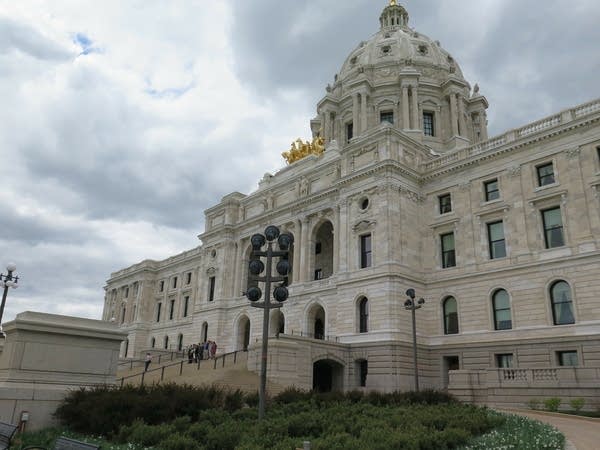Minnesota tax rebate checks are moving forward. Here’s what you need to know

Minnesotans who have moved or changed banking information since filing their 2021 taxes will have to update their information with the state to receive a rebate check this fall.
Tim Pugmire | MPR News 2022
Go Deeper.
Create an account or log in to save stories.
Like this?
Thanks for liking this story! We have added it to a list of your favorite stories.


